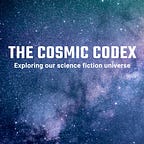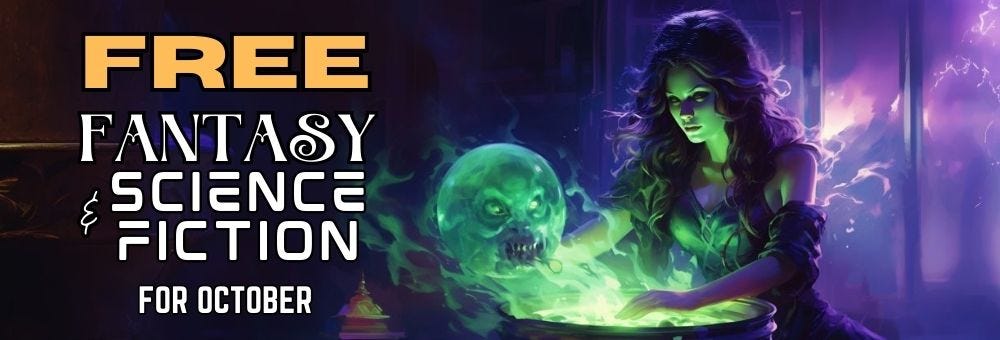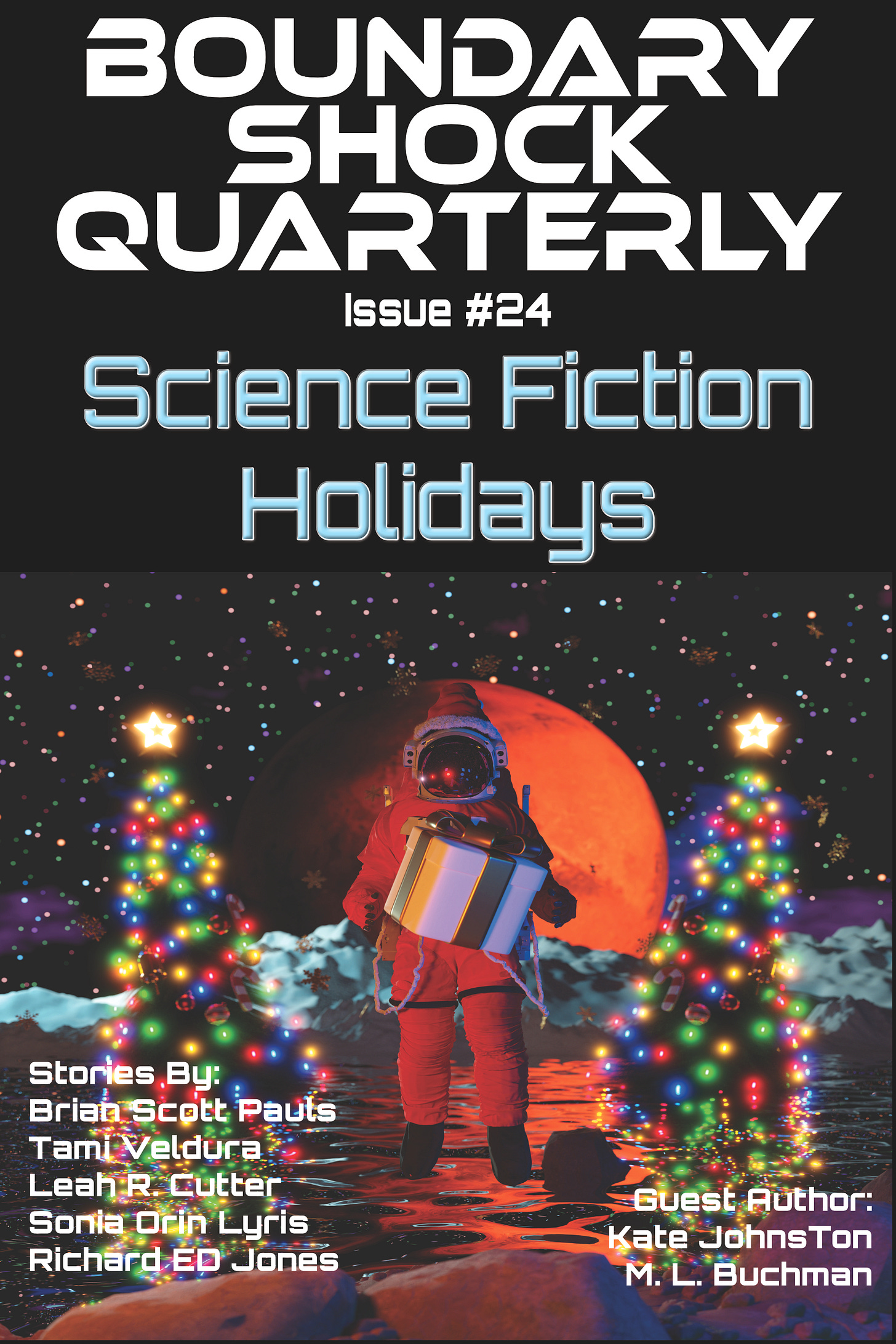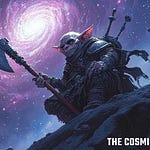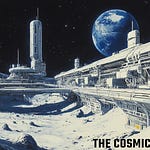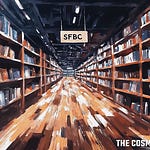My novelette, An Illicit Mercy, is part of a new promotion: Free Fantasy & Science Fiction for October.
Check out nearly 90 novels, short stories, and excerpts available for free.
My latest short story An Unexpected Grace appears in Boundary Shock Quarterly 24: Science Fiction Holidays.
Still coming to terms with her decisions during a recent assignment, Corporal Siwela takes a leave-of-absence. Perhaps a holiday visit to her home community will help get her head straight. But the trip doesn’t go as planned. Marooned and wounded in the Martian outback, running out of air, Siwela won’t survive without aid. This wasn’t how she planned to spend Christmas.
Princess Serina, the last survivor of House Starfire, refuses to be crowned empress until she’s wiped out the rebels who killed her family. Only then will she prove to the bickering nobility, and herself, that she is worthy of the crown.
Just when victory seems near, mysterious messages lead her to believe the rebels have infiltrated the Core’s military. Her investigations reveal a new threat, one even more insidious than the assassination of the emperor sixteen years before. Will she unmask the conspiracy that threatens to destroy everything she sacrificed to protect? Or will she become its next victim?
On the Outward Edge is the first book in a series of five novellas capturing the critical moments of the fourth era, the Core Galactic Empire, in the Myriadu universe.
Club Codex is reading and discussing the Otherwise Award-winning novel “Sorrowland” by Rivers Solomon in October. Please join us!
by Brian Scott Pauls, written using ChatGPT 3.5
“…time is beyond our finite comprehension,” writes Tahereh Mafi in her young adult dystopian novel Unravel Me. “It’s endless, it exists outside of us; we cannot run out of it or lose track of it or find a way to hold on to it. Time goes on even when we do not.”
Time is essential to our experience of everyday life and our practice of science. It may be impossible for the human mind to conceive of a universe without time.
According to our best current theories, time in our universe will go on forever. It will go on even once the universe enters its ultimate state.
Science fiction has tackled the concept of cosmic time. Consider a few examples:
The End of Eternity by Isaac Asimov
The “Eternity” group operates across time between the 27th and 150,000th centuries. They adjust various historical events to ensure the safety of humanity. But their goals may be at risk when another group of time-travelers seeks to interfere.
The Big Time by Fritz Leiber
The Change War between the Spider and Snake factions rages across time. Agents operating from outside normal spacetime battle one another in various historical eras. Each side seeks to alter history to their advantage. A Snake attack threatens a Spider outpost with ultimate annihilation.
Death’s End by Liu Cixin
The last novel in Liu’s series The Remembrance of Earth’s Past tells a sweeping story across many eras. In the final epoch, consequences of cosmic engineering imperil our universe's future.
Our understanding of spacetime continues to develop. The more explanatory Cosmic Inflation theory has superseded the original Big Bang theory. In this view, an “inflaton field” before the hot Big Bang drove space to expand exponentially. According to cosmologist Will Kinney, this expansion was both vast and fast:
“…at least 80 doublings, stretching a patch of space about the size of a grapefruit to the size of our entire observable universe in less than a trillionth of a second.”
Kinney explains “vacuum energy…the energy of empty space itself”1 powered this field. This vacuum energy was “extraordinarily high...estimated to be of order of 10^15 billion electron volts, which is about a factor of a hundred billion greater than energies probed in particle accelerators today.”2 Inflation ended through a process known as “symmetry breaking.” As the field’s potential energy dropped to a minimum, it transformed into kinetic energy. The field then decayed into particles as it oscillated about that minimum. This process started a cascade which “turned the kinetic energy of the oscillating field into radiation, heating the universe from zero temperature to billions of degrees.”3 Such was the origin of our hot Big Bang.
But while inflation ended in our region of the universe, it may not have ended everywhere. We may inhabit a “pocket universe”, while surrounding space continues to inflate. This inflation could go on forever.
In the 1980s, theoretical physicists Alexander Vilenkin and Andrei Linde proposed “…inflation continues in most of the universe…” following the creation of our pocket universe. Their colleague Alan Guth agrees, stating “…essentially all inflationary models are eternal.”
An eternal past?
Is an eternal universe eternal into both the past and the future? This is a long-standing argument in philosophy.
From the standpoint of inflationary theory, the answer appears to be “no.” According to Guth:
“…it can be proven under reasonable assumptions that the inflating region must be incomplete in past directions, so some physics other than inflation is needed to describe the past boundary of the inflating region.”
Physicist Anthony Aguirre and cosmologist Steven Gratton have proposed an apparent exception. They posit two universes with the same origin state, but reversed time directions. Both universes inflate eternally into their own futures. But they inflate away from their shared origin state in opposite time directions. Each forms the eternal “past” of the other. Their shared origin is Guth's mysterious “past boundary of the inflating region”.
An eternal future
What does it mean to live in an eternal universe?
One consequence is our pocket universe may not be the only one. It’s likely other areas of space also exited inflation in their own hot Big Bangs. This is one version of the multiverse, which I will discuss further next month.
While there may be other universes, we may never visit them, or even study them from afar.
Astrophysicist Ethan Siegel is uncompromising:
“…every single Universe that gets created…every hot Big Bang that ensues — is immediately and forever causally disconnected from all the others, eternally into the future.”
"Causally disconnected” means we have no known way of interacting with these universes.
Eternal maybe-multiverse aside, our pocket universe seems to have its own “use-by” date. Current science shows time in our universe will continue forever. But scientific speculation doesn't contemplate a continuous existence as we know it. Whether it is heat death, a Big Crunch, false vacuum decay, or something else, all life will end.
Do you find this prospect depressing? Take solace from the fact that we will all be dead and gone before most of these scenarios have time to occur. And the exception of false vacuum decay would be over before we realized what was happening.
Those seeking an eternal world must look to exotic physics. Or they will need to search beyond the physical universe, in religion or philosophy. This includes the recently popular “simulation hypothesis”.
We can be glad science fiction will be here to lead the way. Check out three ideas for stories based on eternal inflation:
Cycles Unending
Humanity discovers a relationship between dark matter and dark energy. It implies the universe will avoid every catastrophic fate and continue forever. A successive cast of characters lives through vast cycles of history. Civilizations rise and fall in an endless loop. The protagonists uncover clues suggesting a hidden intelligence orchestrates these cycles. The novel explores the implications of an eternal universe and the nature of time.
Societatem Immortalem
In an undying universe, humans have discovered a way to achieve immortality. They can transfer their consciousness into new bodies and live forever. The novel follows a character who has lived for thousands of years. Now they are questioning the value of eternal life. They embark on a journey to explore the far reaches of the universe in search of meaning and purpose. The protagonist encounters other immortal beings and ancient alien civilizations. They also learn the secrets of the universe's longevity. The story contemplates existence, mortality, and the consequences of an unending life.
The Reality War
A powerful civilization has learned to manipulate the inflating regions of the universe. They can create new pocket universes tailored to their desires. This society expands its dominion by overtaking other universes and civilizations. A small group of rebels from our universe bands together to stop this reign of cosmic conquest. The novel delves into the consequences of controlling the multiverse. It also examines the moral complexities of a war spanning countless realities.
Will Kinney, “An Infinity of Worlds” (The MIT Press), 11
Ibid, 10
Ibid, 81-90


